Many purposes underlie all the genetic projects of our day. Are you aware of them?
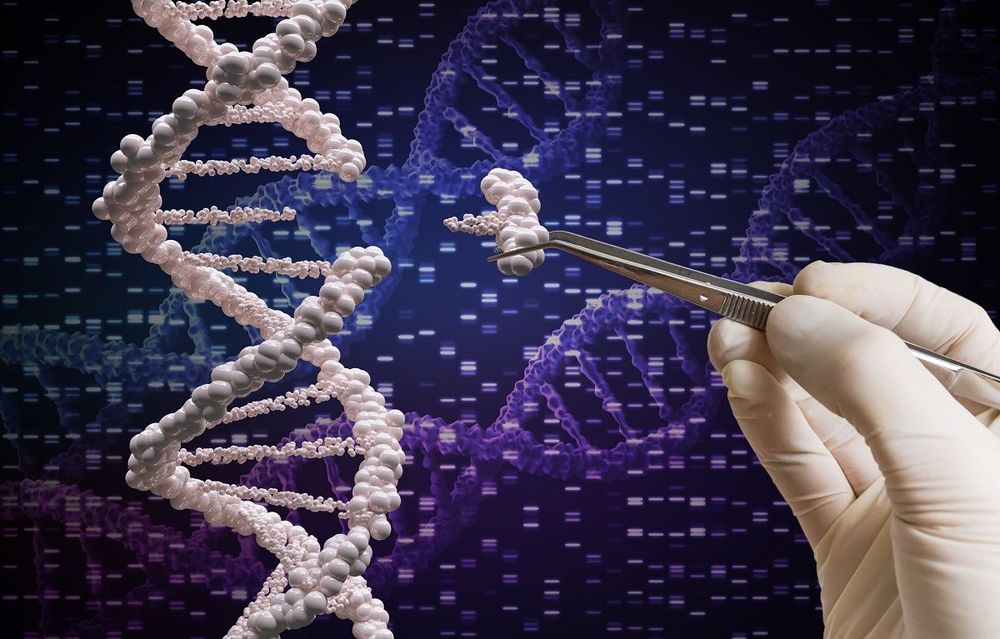

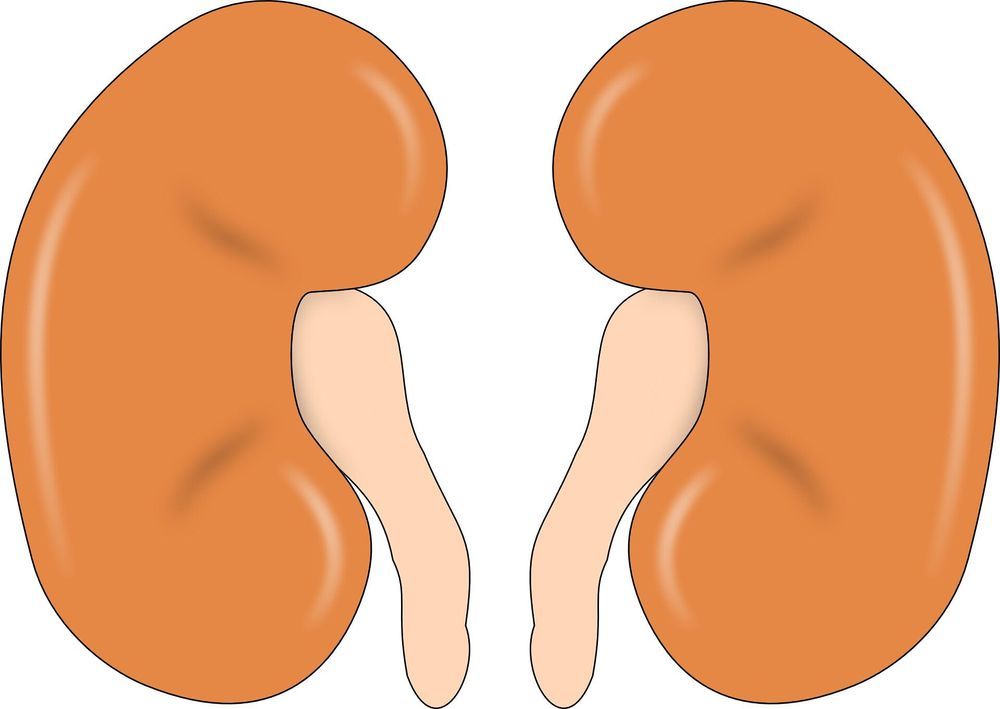
The Kidney Project, a national effort to develop an implantable bio-artificial kidney that could eliminate the need for dialysis, will announce a key milestone in a November 7, 2019 presentation at the American Society of Nephrology Kidney Week 2019 conference in Washington, DC.
The team will report that UC San Francisco scientists have successfully implanted a prototype kidney bioreactor containing functional human kidney cells into pigs without significant safety concerns. The device, which is about the size of a deck of cards, did not trigger an immune reaction or cause blood clots in the animals, an important milestone on the road to future human trials.
“This is the first demonstration that kidney cells can be implanted successfully in a large animal without immunosuppression and remain healthy enough to perform their function. This is a key milestone for us,” said Kidney Project co-lead Shuvo Roy, Ph.D., a faculty member in the Department of Bioengineering and Therapeutic Sciences, a joint department of the UCSF Schools of Pharmacy and Medicine. “Based on these results, we can now focus on scaling up the bioreactor and combining it with the blood filtration component of the artificial kidney.”
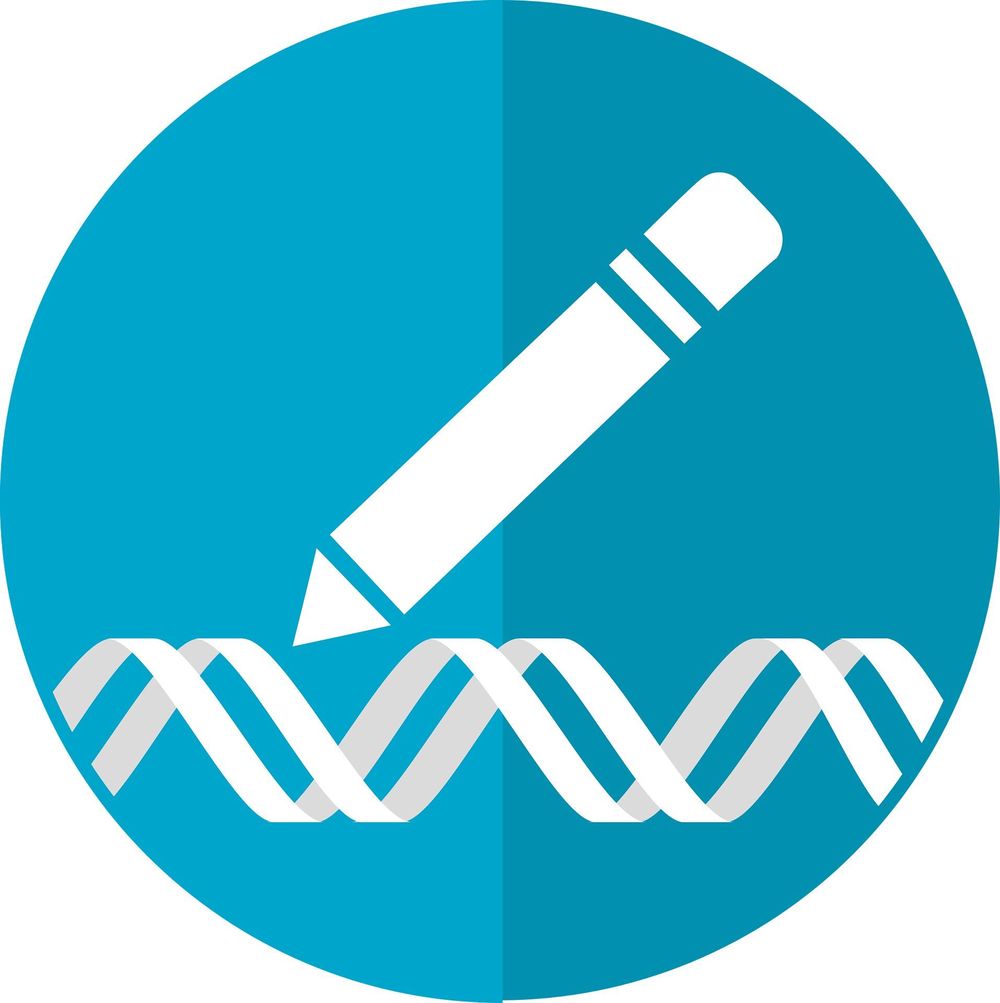
City of Hope researchers may have found a way to sharpen the fastest, cheapest and most accurate gene editing technique, CRISPR-Cas9, so that it can more successfully cut out undesirable genetic information.
This improved cutting ability could one day fast-track potential therapies for HIV, sickle cell disease and, potentially, other immune conditions.
“Our CRISPR-Cas9 design may be the difference between trying to cut a ribeye steak with a butter knife versus slicing it with a steak knife,” said Tristan Scott, Ph.D., lead author of the study and a staff research scientist at City of Hope’s Center for Gene Therapy. “Other scientists have tried to improve CRISPR cutting through chemical modifications, but that’s an expensive process and is like diamond-coating a blade. Instead, we have designed a better pair of scissors you can buy at any convenience store.”
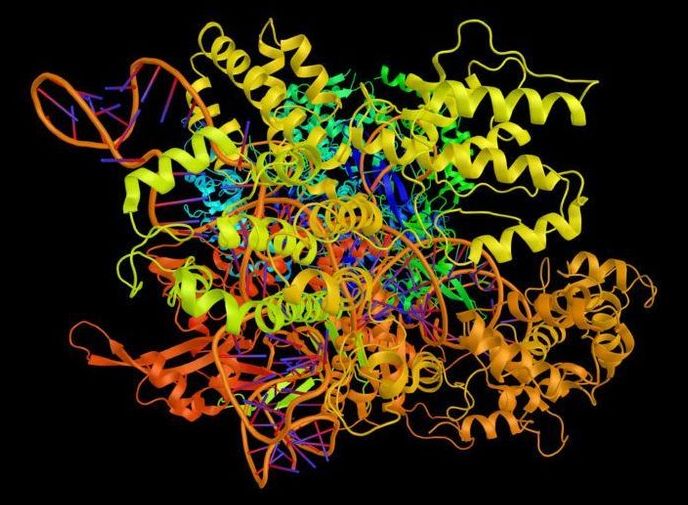
The first attempt in the United States to use a gene editing tool called CRISPR against cancer seems safe in the three patients who have had it so far, but it’s too soon to know if it will improve survival, doctors reported Wednesday.
The doctors were able to take immune system cells from the patients’ blood and alter them genetically to help them recognize and fight cancer, with minimal and manageable side effects. The treatment deletes three genes that might have been hindering these cells’ ability to attack the disease, and adds a new, fourth feature to help them do the job.
“It’s the most complicated genetic, cellular engineering that’s been attempted so far,” said the study leader, Dr. Edward Stadtmauer of the University of Pennsylvania in Philadelphia. “This is proof that we can safely do gene editing of these cells.”
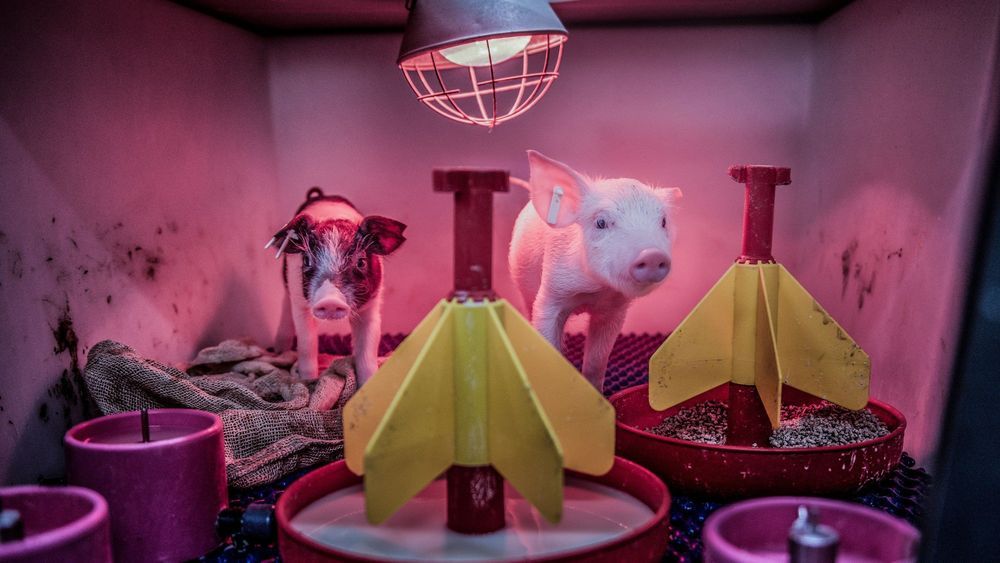
Excellent lecture. Darwin’s turtle, sharks and clams 500 years old, talking about Liz Parrish at an hour and 8. And then a tour.
My mission is to drastically improve your life by helping you break bad habits, build and keep new healthy habits to make you the best version of yourself. I read the books and do all the research and share my findings with you!
This video is DR. BILL ANDREWS PRESENTATION & TOUR OF SIERRA SCIENCES ON OCTOBER 11TH, 2019. Brent Nally recorded, edited and produced this video. My apologies for the poor audio and camera work in the first few minutes. Infinite gratitude to Bill for opening up Sierra Sciences to us. Here’s a link to purchase IsaGenesis. You have to sign up first: https://getstarted.isagenix.com/VF234XXQV001
- Please consider a donation to me: My Bitcoin Cash (BCH) address: qr9gcfv92pzwfwa5hj9sqk3ptcnr5jss2g78n7w6f2 or https://paypal.me/BrentNally
SHOW NOTES:
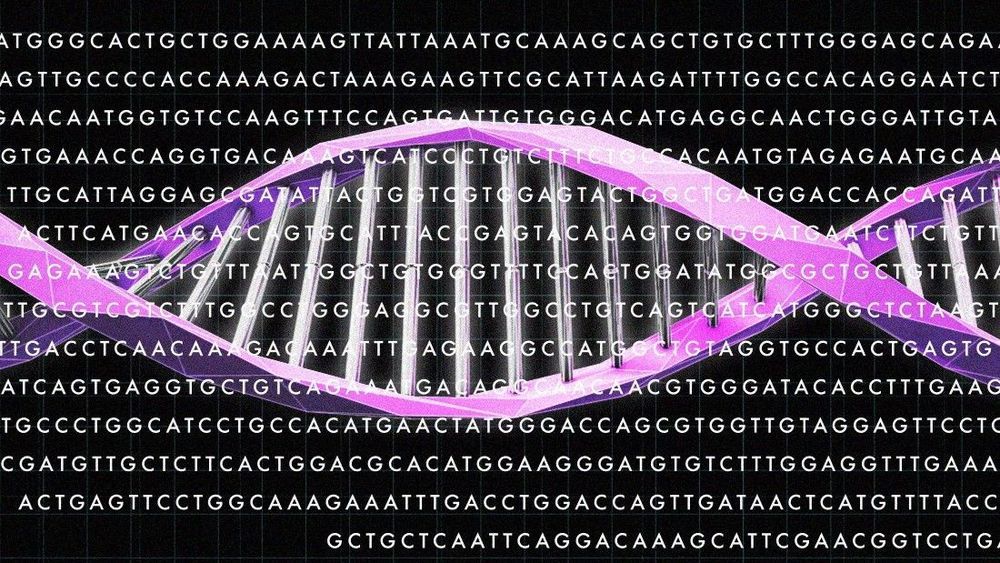
Scientists have developed a new gene-editing technology that could potentially correct up to 89% of genetic defects, including those that cause diseases like sickle cell anemia.
The new technique is called “prime editing,” and was developed by researchers from the Broad Institute of MIT and Harvard, who published their findings Monday in the journal Nature.
Prime editing builds on powerful CRISPR gene editing, but is more precise and versatile — it “directly writes new genetic information into a specified DNA site,” according to the paper.